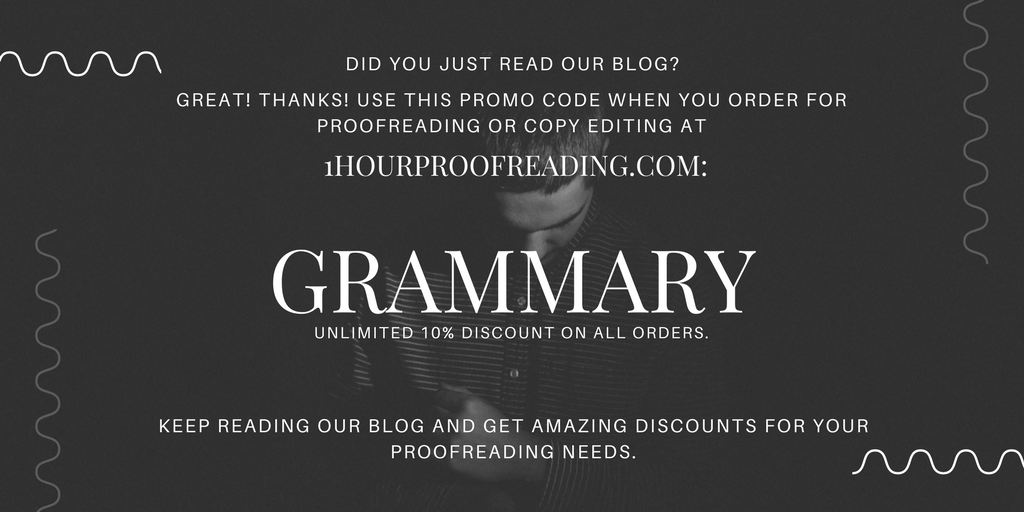Writing Hacks: A Counterattack—Ten Ways to Fight Off Writer’s Block
Posted on Aug 29, 2017
This happens to every writer—one minute, they’re in the zone, fingers on fire, tapping away on the keyboard, the next, zilch. As if someone popped their thought balloons, and now, they have no idea what to write next. If you look hard enough, you’ll see it; the slow stream of black clouds eating the greens, pinks, and blues away. Their creativity under attack, attacked by a cloud of nothingness.

Writer’s block has always been the Number 1 Public Enemy of writers, so if you’re one of the writers struggling with this, arm yourself with the following tips.
- Take a break.
- Keep a notepad and a pen with you at all times.
- Listen to music.
- Read.
- Write.
- Take your work someplace else.
- Change your medium.
- Ask a friend to read your unfinished work.
- Take a walk.
- Find the perfect time for your writing.
Yes, take it from the Schuyler sisters—though the break doesn’t have to be for a whole summer or even upstate. Take a short break from writing, and take your eyes off the screen for a little while. Even when you have a deadline, make time for a break. Don’t rush. Creating something great takes time.

You will never know when inspiration hits. It can be while you sleep, while on the train, while eating in your favorite restaurant, while waiting for a bus—it can be anywhere, anytime. You may think that you have your phone for that, but remember that phones can run out of power.

It doesn’t have to be a specific genre. Browse through your playlist, and listen to what you’re in the mood for. Music has always served as an oasis of inspiration to those who are dying of the flaky heat of creative blocks. Great music helps because it promotes individuality. It is an art that sings to you to wear yourself—and to wear yourself proud. It can make you feel so much better about yourself; it gives you confidence to continue even if you have your struggles. Well-written music inspires everyone. That’s just how it is.

Take it from the great and powerful Stephen King. He said that if you don’t have the time to read, then you don’t have the time and the tools to write. If you’re feeling nostalgic, going back to the book that inspired you to start writing will be a great help. Remembering why you want to write can renew your vigor in the art and may help you from your slump.

Yes, I know it doesn’t make sense to tell someone suffering from writer’s block to write. But what this means is writing anything that pops into your mind, even when it’s not about what you’re originally writing about. Words, thoughts, feelings, unanswerable questions about the universe, anything. It’s frustrating to look at a blinking text cursor for a long period. This can help unload some of those frustrations, and in writing those totally unrelated thoughts to your work, you may find something that you’re looking for to continue your writing.

A creative mind deteriorates in a monotonous environment. If you’re experiencing writer’s block, pick up your laptop, walk to the nearest coffee shop, and then continue your work. It can be anywhere as long as there’s a power source.

Some people prefer writing with a pen and paper; others prefer writing on their phones. But when writer’s block hits, it is recommended to change your medium. If you’re writing on your laptop, go old-school. Write with pen and paper. Don’t be afraid to try something different. Who knows, maybe you’ll discover something about yourself and learn that you write better in this medium.

Send your work to a friend, and ask them what they think. Keeping your work open to criticisms from your friends can be a huge help when you’re in a slump because their feedback can give you a hint on what to write next. Fresh eyes and a new perspective are always good things to know how others see your story. It can be a preview to what your audience will think once your work gets published.

Yes, now heed Washington’s order to Hamilton. A short walk can make you take your mind off your frustrations. The things and the people you will see can inspire you, and what do you know? Maybe what your mind really needs is just a bit of exercise.

When writing, it has to be at a time and in a place of your utmost comfort. This is the reason why you need to find out what time of the day you write best. Do you write better in the mornings? Or maybe you write better at night? Or maybe you write best at ungodly hours at dawn? Find the optimal time for your writing, and if this doesn’t work, try the other nine ways given before this one.

Disclaimer: Images are not ours. Credit to the owner.
About 1-Hour Proofreading
1-Hour Proofreading is a growing start-up offering fast and efficient editing services at a reasonable price, with the assurance that the document is publication-ready the soonest you need it. Its team of highly competent professional editors is committed to helping those in need of quality editing services while facing tough deadlines.
Visit 1hourproofreading.com for more details.
Follow us:
Back to Grammary



